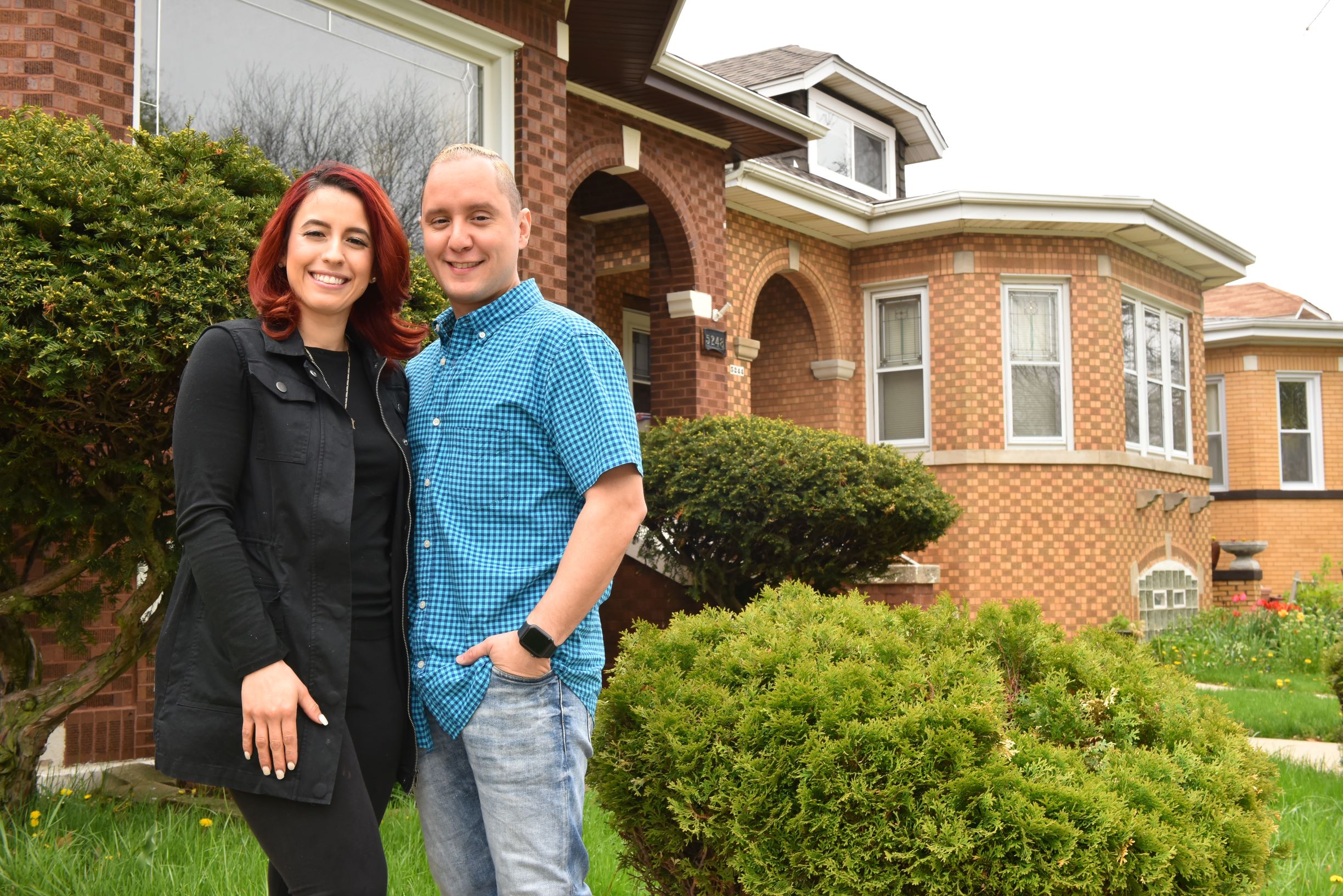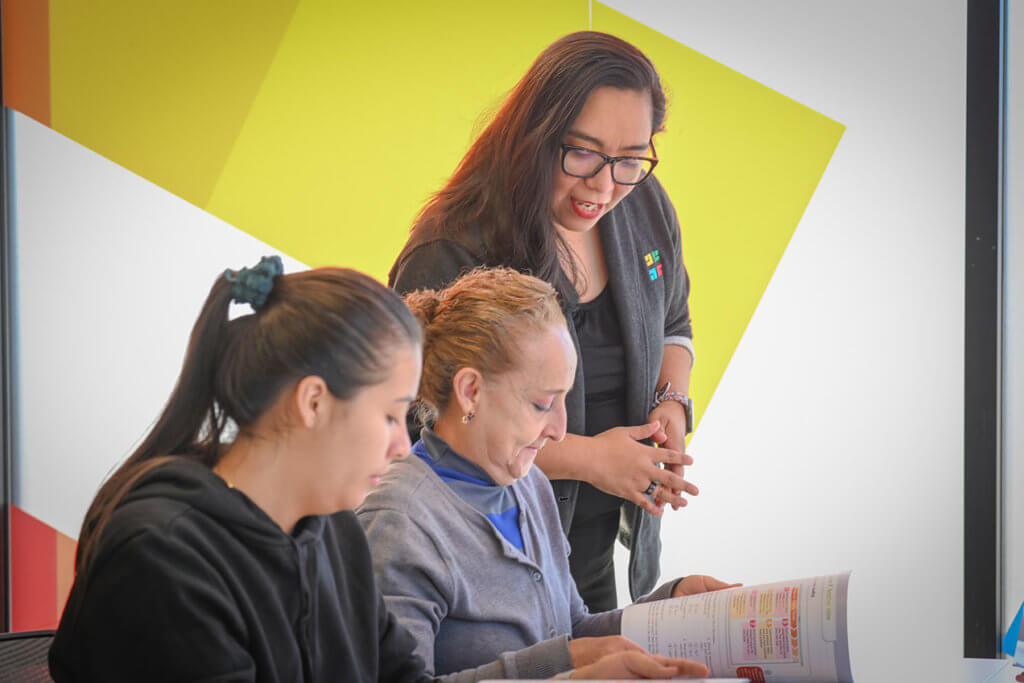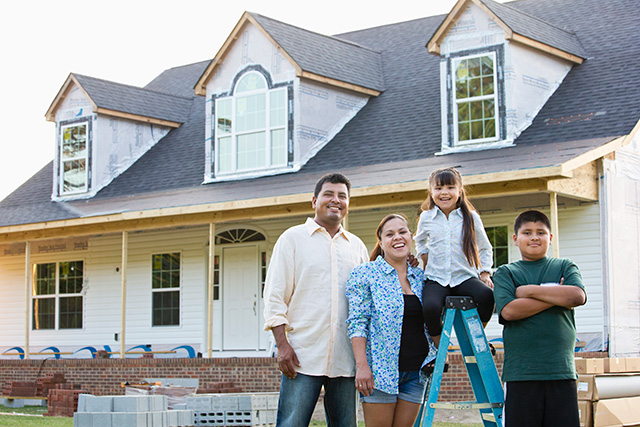Bill before California state legislature would help California’s Latinos and other first-time homebuyers purchase a home
As National Homeownership Month comes to an end and California legislators look ahead at how they can better ensure that Californians most impacted by the pandemic can recover and get back on a path to prosperity, they should support efforts that increases access to homeownership for communities of color. On June 1, President Biden released a proclamation for National Homeownership Month that highlights the tragic reality that “homeownership is becoming more difficult to realize and sustain.” For Californians, the situation is more dire as the state continues to face a housing crisis that has disproportionately impacted Latinos and other communities of color.

By Viviana Martin, California Policy Analyst, Civic Engagement, UnidosUS
The current pandemic has only exacerbated the housing crisis in California, thus making homeownership further out of reach. The homeownership rate for Californians is 53.8%—the second lowest in the nation. Structural racism and discriminatory policies have limited pathways to homeownership for Latinos and other communities of color, resulting in 63.2% of white families being homeowners, compared to only 34.5% of Black families and 41.9% of Latino families in California.
Keep up with the latest from UnidosUS
Sign up for the weekly UnidosUS Action Network newsletter delivered every Thursday.
Early next year, the California state legislature will consider AB 946, a bill that would help California’s Latinos and other would-be first-time homeowners to purchase a home. The bill would re-direct millions in tax subsidies from wealthy taxpayers to those low-to-moderate income workers striving to achieve the dream of homeownership. AB 946 would remove the Mortgage Interest Deduction (MID) on second homes and redirect the funds to CalHFA’s MyHome Assistance Program and other programs that help low- and moderate-income Californians afford a home purchase. Given that 65-70% of CalHFA home loans go to first homebuyers from communities of color, increasing funds to this program is an important step toward addressing the on-going inequities in access to capital and wealth for communities of color, as well as access to homeownership.
Latinos make up 40% of California’s population and 52% of the essential workers that have put their health and the health of their families at risk to keep California fed, housed, and healthy during the coronavirus pandemic. Despite the community’s importance to the state’s economy, Latinos in California lack access to wealth-building opportunities. Understanding the racial and ethnic wealth gap and the factors driving that gap is important to addressing the inequalities that communities of color face. Wealth is a useful indicator of economic security because it can enable a family to deal with costly unexpected setbacks, pay for higher education, expand a small business, take investment risks, further save for retirement, and/or purchase a home. Nationally, Latino families only have 8% of the wealth of white families. In California, the gap is bigger—the typical Latino family has only 6% of the wealth of a typical white family.

Disparities in housing wealth contribute substantially to the racial wealth gap. Latinos’ limited access to credit and lack of income or savings needed to qualify for a mortgage hinder sustainable homeownership. As research from UnidosUS found, the Great Recession of 2008 disproportionately impacted communities of color and in the aftermath, our community struggled to recover the wealth lost to the foreclosure crisis. Current policies, include the state’s tax code, have missed the mark on providing pathways to homeownership and wealth-building for Latinos. For example, through the MID, California supports the purchase of second homes. According to California’s Franchise Tax Board, approximately 175,000 Californians benefit from second-home MID, and are earning among the highest incomes in the state.
The MID was first instituted federally in 1913 to reduce the upfront cost of purchasing a home. It was adopted at the state level with the purpose of increasing homeownership. However, only households with a mortgage can access the MID, and since Latinos have lower homeownership rates, they are less able to access the MID benefit. Furthermore, recent studies indicate that California’s MID doesn’t increase homeownership, especially for Latino families. Instead, the current MID contributes to a housing market with larger, less-affordable homes and increases the likelihood of mortgage defaults.
Californians are paying $230 million annually in taxes, to support the purchase of second homes for Californians who are overwhelmingly wealthy and white. Few tax policies are supporting boosts for Latinos in the state, less than 42% of whom own a home. Therefore, prioritization of wealth-building opportunities for our community and other communities of color that have been hardest hit by this pandemic and its economic impacts, will be critical to creating an equitable recovery in California’s future. It’s time to update the MID to ensure that it once again can increase and democratize homeownership for all Californians.



